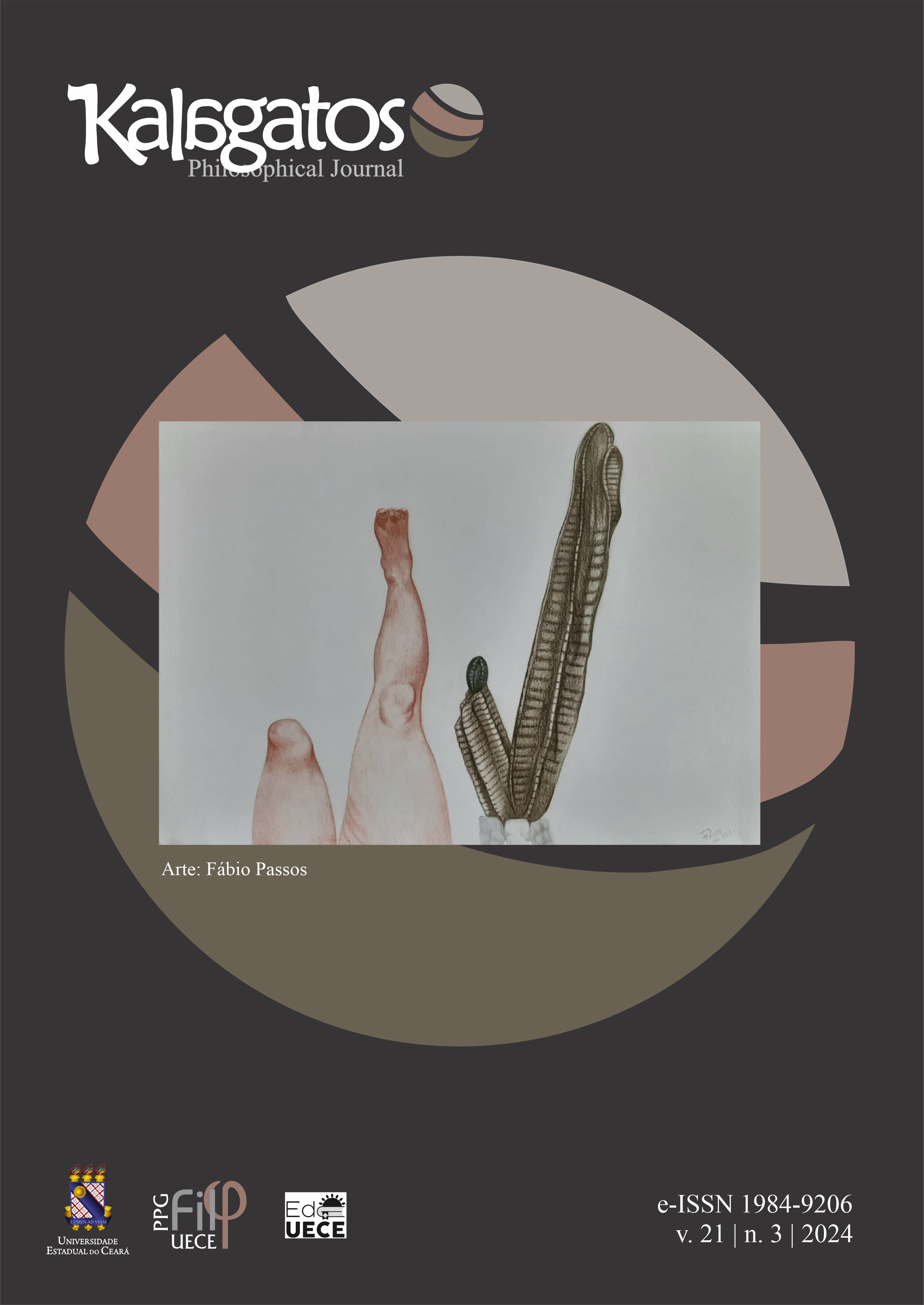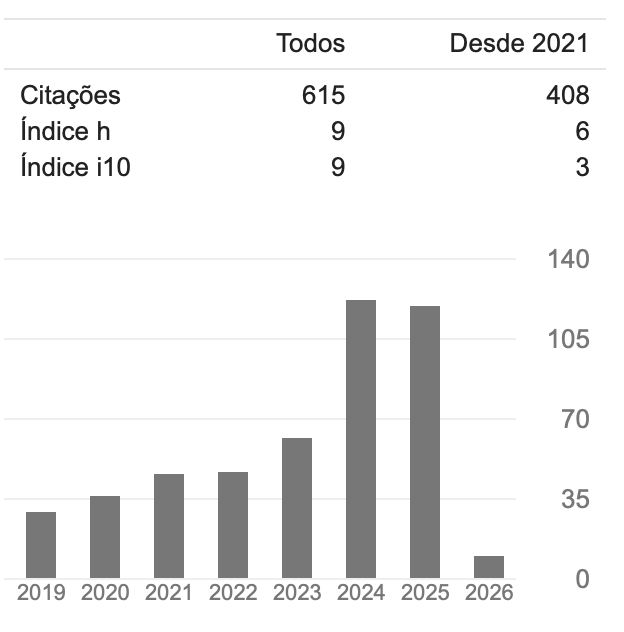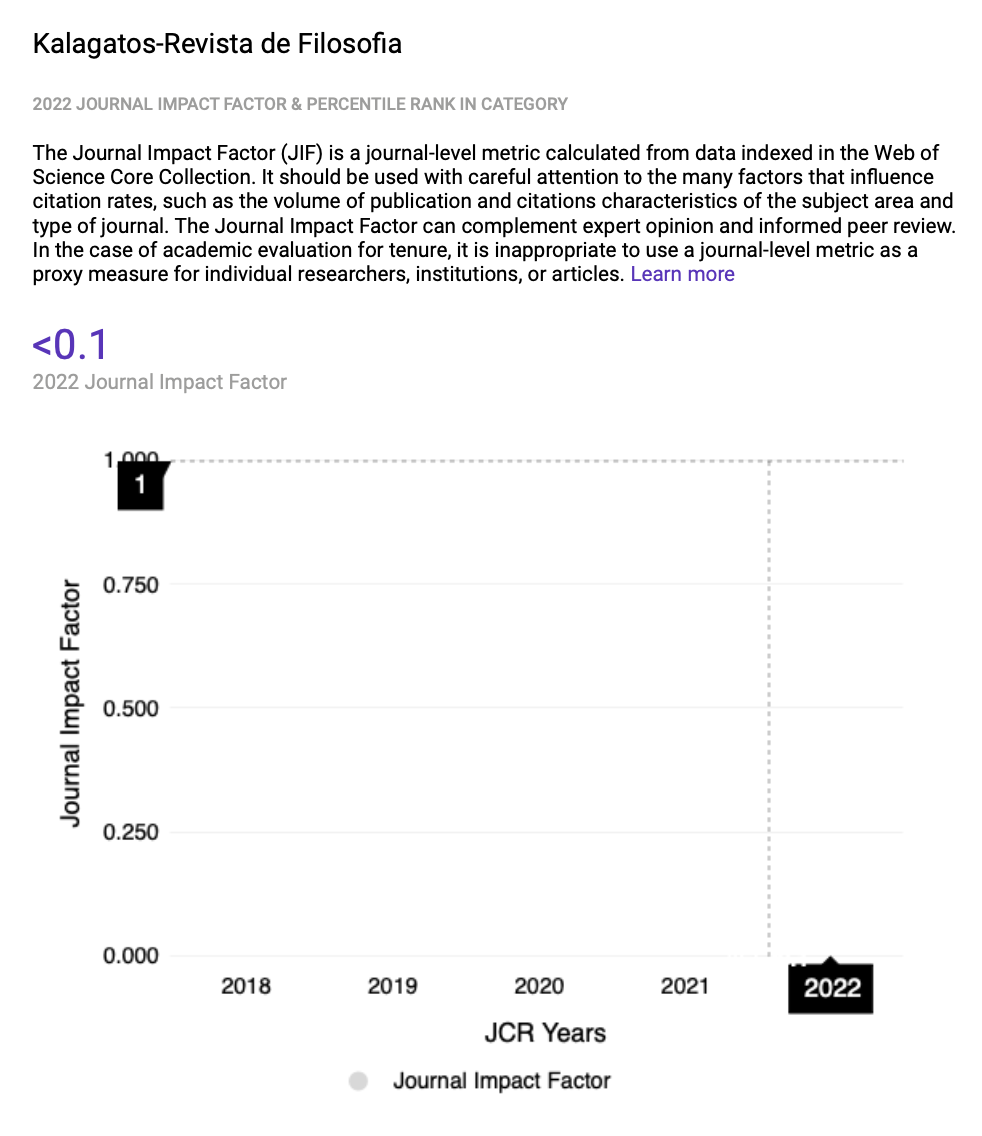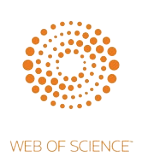Presentation
Abstract
The studies of the multiple aspects of the existence of people with disabilities began to gain strength with the emergence of Disability Studies. From then on, the theme of "disability" ceased to be something exclusive to medical knowledge and began to be explored by different fields such as Anthropology, Sociology, Psychology, and Philosophy. This epistemological panorama will influence decision-making about people with disabilities in the social sphere. Studies on disability came to light in the 1970s and 1980s, whose predominant theoretical matrix was sociological. These studies emerged in a struggling environment for the rights of people with disabilities, carried out in the 1960s and 1970s, especially in countries such as the United States of America, England, and the Netherlands. These struggles were faced upfront by organizations with disabled people in leadership positions. The development of the movements for the rights of people with disabilities has led to this theme being reflected beyond the investigative framework that had been dominant until then, i.e., that disability is an issue that concerns the complete or partial alterations of parts of the human body. Within this investigative framework, the health sciences have turned to the DEF body as injured to “fix it” and "normalize it” so that it becomes efficient and, therefore, productive. It is in this sense that one can say that from the second half of the twentieth century onwards, the rising medical discourse sought to respond to issues related to social inequalities suffered by disabled people from a merely biological perspective, naturalizing this picture of oppression and invisibility. In this discourse, disability is no longer seen and understood as a divine punishment, as an “error” of nature or some sequelae arising from an accident that can be corrected or mitigated through surgeries or rehabilitation treatments. The view of DEF corporeality as something defective results from the capture of this body by medical knowledge, which takes the injured body for itself to return it to social life with the physical deficits corrected or attenuated. Medical knowledge replaces the classical bodily perfection ideal with the measurement of the organic character of the population, which is typical of biopolitics. This measurement describes, statistically, the population in percentages that seek to draw an average of how many people have some physical injury and how many are “normal”. All physical and intellectual deviations statistically measured from normalizing standards should be examined, classified, and, if possible, treated. Although scientific discourse has removed the stigma from DEF corporeality—the stigma of being seen as a divine punishment against some transgression of its progenitors—it gives this corporeality a mark that fosters ableist discourses: the idea that the DEF body is an error that needs to be corrected.
The “DEF Philosophy,” which seeks to tense the multiple existential aspects of people with disabilities from philosophical categories and concepts, inaugurates a new and essential moment of reflection, bringing an invisible theme to the surface of the debate. The dossier “DEF Philosophy,” published by Kalagatos Magazine, is configured as another action to give visibility to the theme of disability from a philosophical perspective. The dossier has several articles by important researchers who focus philosophically on the theme of people with disabilities. They are: Para além da deficiência como uma identidade: a afirmação da diferença a partir dos modos singulares do ser, by Carlos Henrique Machado; A deficiência como problema filosófico: o pensar “deficiente” e sua potência instituinte na instituição escolar, by Pedro Ângelo Pagni; A baixa visão como diretriz fenomenológica, by Michele Bellato; Do Acidente da deficiência à normatividade vital e a afirmação incondicional da vida, by Joelmar Fernando Cordeiro de Souza and Reinaldo Furlan; Língua de sinais: o lugar da diferença surda, by Estenio Ericson Botelho de Azevedo and João Emiliano Fortaleza de Aquino; Cartografia como uma cripistemologia: reflexões a partir de um território autista, by Luiz Gustavo Duarte and Maira Sayuri Sakay Bortoleto; A “Deficiência” enquanto problema filosófico, by Fábio Abreu dos Passos and Elivanda de Oliveira Silva; O que é ser surdo? Percepção e sensibilidade para uma ontologia da surdez, by Carlos Henrique Carvalho Silva; and Parresia e arte autista: caminhos para a coragem da verdade e o cuidado de si, by Ana Cândida Nunes Carvalho.
Downloads
Downloads
Published
How to Cite
Issue
Section
License
Copyright (c) 2024 Fábio Abreu dos Passos

This work is licensed under a Creative Commons Attribution 4.0 International License.



















